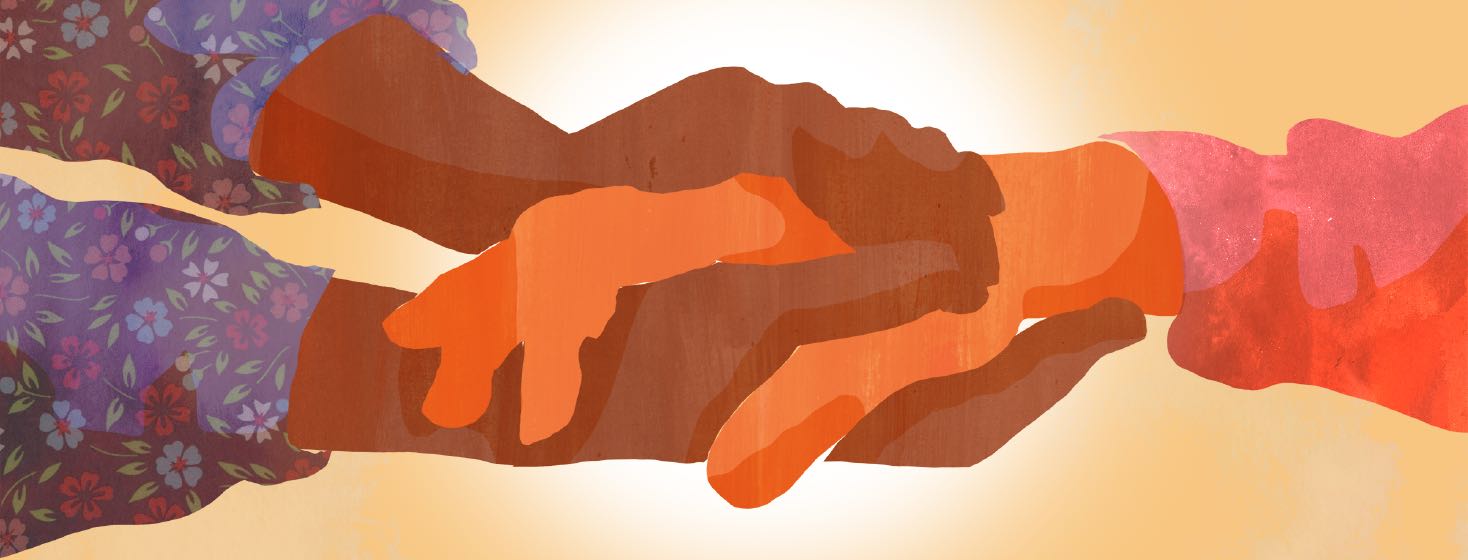Bargaining as a Caregiver
A caregiver can be defined as a paid or unpaid member of a personal social network who helps people with activities of daily living. Caregiving is not a job for which people typically apply. Caregivers never really know that they're going to become caregivers. It just happens when a family member or loved one is in a bind, and they need extra support to get through the injury, illness, or disability that they have received/inherited.
Caregiving takes place when a person is unable to be independent on a regular or daily basis. The responsibilities of a caregiver spread across a variety of things. The level of care can be based on the severity or level of independence of the patient.
Becoming a caregiver to my dad
My dad was diagnosed with prostate cancer at a time when he already was retired from his place of employment after 38 years of service. My mom also retired from her place of employment. I, on the other hand, was still working full-time as an elementary school teacher. I was also a full-time student, pursuing my master’s degree.
I was a very outgoing person. I enjoyed hanging out with friends and going to sporting events and concerts. Now, I was faced with a new responsibility of being a caregiver to my dad, one that I would do all over again if necessary. I’d do anything for my dad.
Feeling anxiety and insecurity
Becoming a caregiver catapulted me into the bargaining stage of grief. The bargaining stage can have you overthinking everything, comparing yourself to others, and feeling insecure, full of anxiety, and guilty.
Managing this stage was difficult. Although my boss was aware of my situation and outside responsibilities, I found myself wondering, "Should I go in to work today or take off? If I do go to work, I may miss something important pertaining to my dad."
I felt insecure because I was completely helpless with making my dad better. There were days when I did decide to take a day off, not for anything in particular, but just to be at home with my dad. Just to be in his presence and watch him breathing was sufficient enough for me. I then felt guilty because I left my class without a teacher.
Challenging myself
Bargaining can have you striving for a level of perfectionism that isn’t healthy to maintain or realistic to achieve. As I maneuvered through the bargaining stages, I had to learn to decommit myself from some duties and responsibilities and organize my house, so my dad still could complete some tasks independently, prep meals for the week, ask for help, and apply some level of self-care.
Learning to say “no” was hard for me, because I always lived a life of service. I mean, hey, I got it honestly from my dad. I had to begin to prioritize myself a little more than I had prior to my dad’s diagnosis. My dad was an alpha male, so he never wanted people to help him necessarily. He wanted to remain independent for as long as he could and even thereafter. I had to rearrange furniture and other items in my house that would make it easier for him to maneuver. After all, a person that can help themselves, ultimately helps you as a caregiver.
All in all, bargaining was just a part of the caregiving mindset I had. I had to challenge myself to know that my heart will always be with my dad, even as he continues to watch over me from Heaven.

Join the conversation